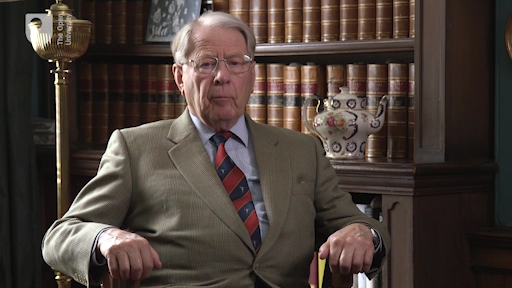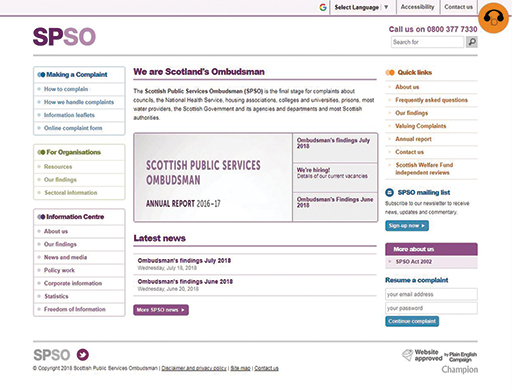1 Delegated powers: decision-making and law
Understanding how decisions which impact us may be made by public bodies, local authorities and other professionals who have a legal duty to make decisions impacting on our lives, helps provide a context of thinking about how to ensure those decisions are made lawfully (legally) and why and when they can be challenged. However, it is worth noting at this point that powers to make decisions (which have been legally granted) cannot simply be challenged because we don’t like them or their effect. There has to be a legal basis for challenging a decision or law (and evidence to support the challenge).
You should now watch the following video in which Sir David Edward reflects on the importance of asking the right question, being heard, being concise and being persuasive. Skills which are important when developing an argument or challenging a decision.

Challenges to decisions or laws may be made in a number of ways. Whether the challenge is made to a court or tribunal will depend on the specific issue and reason for the challenge. Decisions may also be reviewed by the Scottish Public Services Ombudsman where they fall within the remit of that role, for example, investigation of complaints about the service received (which could include a decision or series of decisions) from a public body.

If you wish to explore the work of the Scottish Public Services Ombudsman, you can read more information on their website [Tip: hold Ctrl and click a link to open it in a new tab. (Hide tip)] .
You will now consider the factors which need to be taken into account by any individual (institution or organisation) who has been given power to make decision under legislation (whether from the Scottish or UK Parliaments). Through this, you will gain an understanding of the duties and responsibilities decision-makers have when making their decisions. Later sections go on to consider the reasons why challenges may arise.
As noted earlier, the ability to structure a challenge to a decision is a useful one in a modern world where so many decisions are based on delegated authority. Thinking through the process logically and in a structured way can reveal whether or not a decision can be challenged, and on what grounds.
